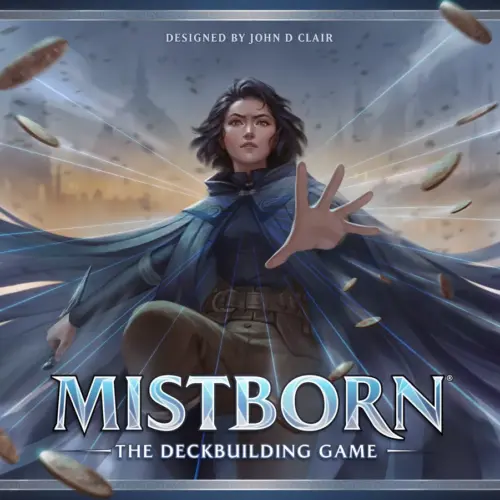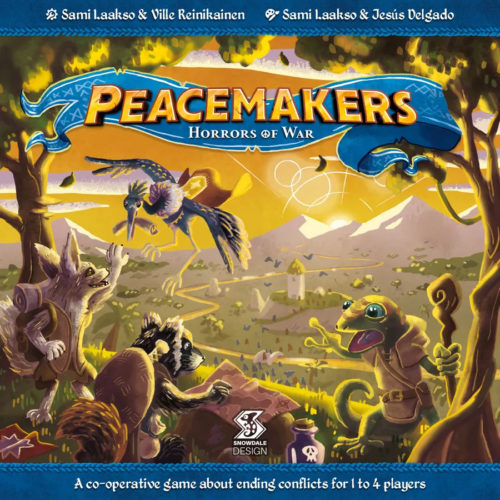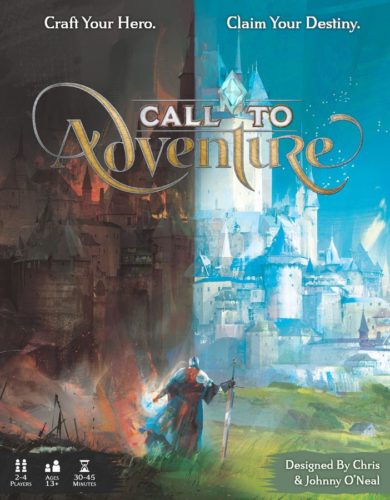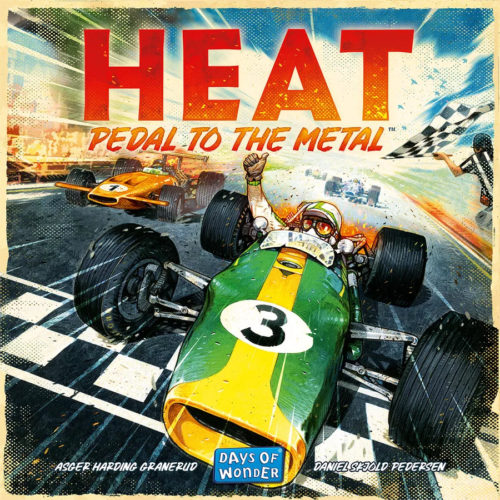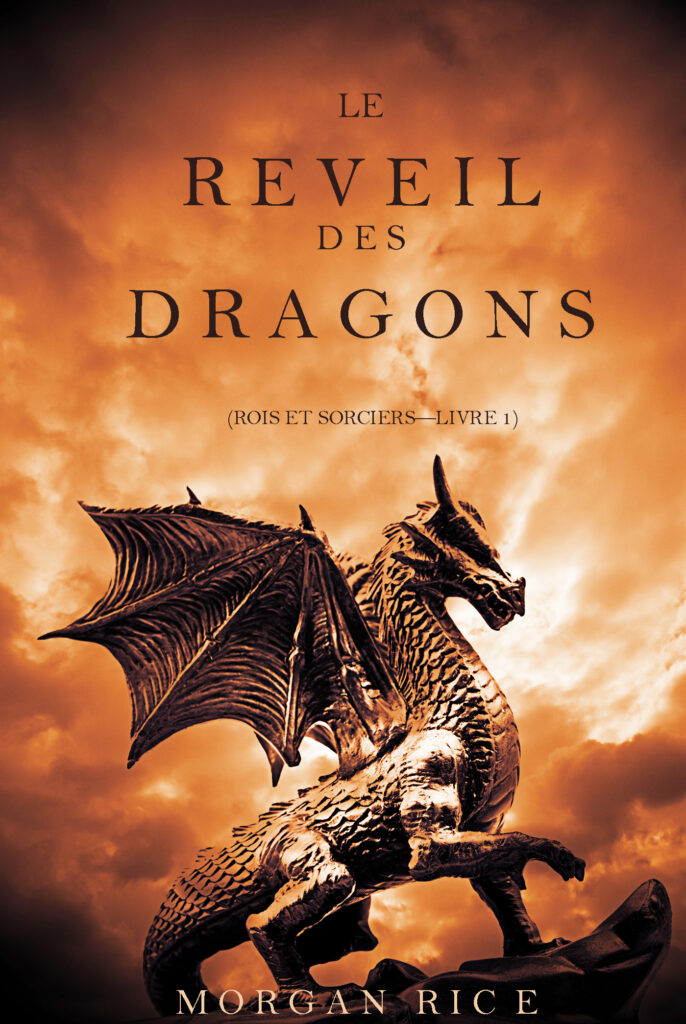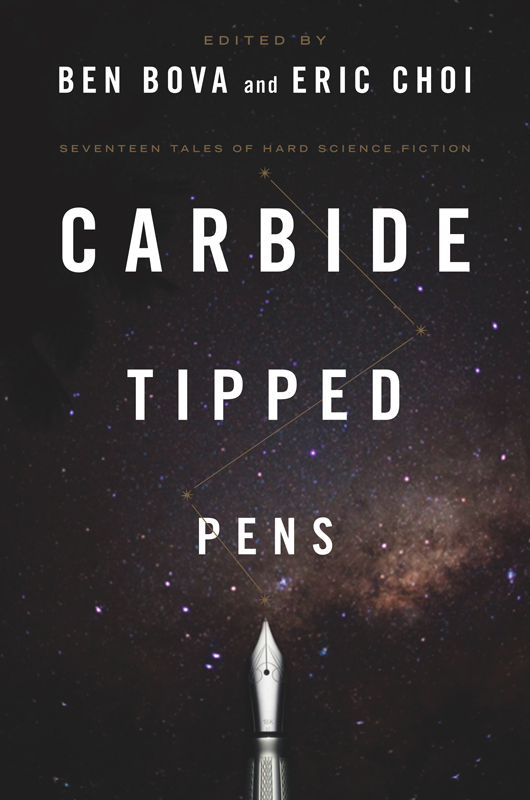Remy Porter published this post yesterday with his main point being “everything looks like a conspiracy when you don’t know how anything works.” I think we can easily generalize this to “everything seems possible when you don’t know how anything works.”
The fundamental value of education is learning to pare down from “anything is possible” to “we can bound what’s possible and what’s probable and be skeptical of claims outside those bounds.” Remy’s post is to push back against inane conspiracy theories about TikTok moving data centers during their publicity-stunt shut down (a conspiracy theory that makes no sense on any level, but, as Remy points out, explicitly doesn’t make any sense on a technical level). But it’s the same ignorance-based thought processes of conspiracy theories that drive a million different cons, scams, and lies.
Of course, a fundamental issue is that we can’t all be experts in everything. Which is why a proper education is not simply learning a bunch of facts. A proper education is developing from those facts functioning models of the world, the things and people in it, and the structures of those things and people at both large and small scales. With an appropriate foundation you can develop the “bounds of possibility and probability” and a skepticism for things outside those bounds.
Last night I went to a board game meetup and we played a few rounds of a game called “Sounds Fishy.” The premise of the game is that one person reads a prepared question from a card and then everyone else makes up a false answer while one person has the real answer. Then each person presents their answer to the questioner who guesses who is lying and who is not. On my turn as the questioner the question was “Before mercury was discovered, scientists used what in thermometers?”
I didn’t know the answer, but I have enough foundational information about physics to put a pretty good bounding box around the possibilities. This substance, whatever it was, would need to be liquid in the temperature ranges humans interact with most. It would need high purity in order to be consistent enough to be useful for comparisons between thermometers. And it probably wasn’t something caustic or particularly dangerous to work with.
This bounding box made it easy to rule out most of the lies: sand, whale blubber, fat, cow’s blood, chromium. Leaving me with two candidates: water or brandy. While “brandy” specifically seemed less likely than generic “alcohol” either option fit reasonably in my bounding box. I guessed water as the truth. The game said the answer was brandy. And Wikipedia says that before the sealed liquid-in-glass thermometer using brandy earlier, open-air devices did, in fact, use water. So both answers were correct.
Reasoning from first principles works particularly well in the realm of physics (well, in the realm of “everyday” physics–once you get into quantum effects or relativity it gets harder) because the end point of your reasoning is rather close to the first principles. Regardless, the point is that if you gain foundational knowledge about the world you don’t need to be an expert in everything in order to be skeptical of claims that exceed broad boundary conditions–whether those claims are malicious, benign, or well-intentioned.
Everyone already operates on such foundational models developed from life experience (most people will be skeptical if you tell them you have invented flubber which gains energy on every bounce because it defies their everyday experiences) but education can dramatically help refine them. Regardless of whether our models are refined or not we will inevitably be confronted by claims that fit inside our bounding boxes that still need to be evaluated. We need more tools.
Professors Carl Bergstrom and Jevin West teach a course at the University of Washington titled “Calling Bullshit” (or they did at the time they published the book of the same title in 2020). The topics they cover arm you for situations in which you have no existing foundational models and for the many cases where psychological tricks are being used to intentionally mislead you. If you’re interested in a much more thorough discussion on the topic, I recommend the book.
The highlights should be rather obvious yet huge swaths of the population ignore these basic rules so they’re worth repeating. I take these from chapter 10 of the book. Who’s saying it and what motivation might they have beyond telling the truth–the whole truth? Is a comparison truly apples-to-apples? Does the claim seem too good–or bad–to be true? Is the order of magnitude reasonable (e.g., “nine billion tons of plastic waste was dumped in the ocean this year!”–more than a ton per person?)? Does the claim confirm or exaggerate your existing beliefs (i.e., confirmation bias)? Are there other reasonable explanations for the claim?
Use these tools to protect yourself from disinformation, misinformation, and scams.
Then take it one step further and help protect others too: don’t knee-jerk “like”, “retweet”, “share”, or “react” to the crap flowing across your screen all day. If you’re not sure about it, don’t make the problem worse. Maybe millions of people wouldn’t now believe the blatant lie that immigrants were eating pets in Ohio if more people had applied these simple tools and followed this simple rule.
